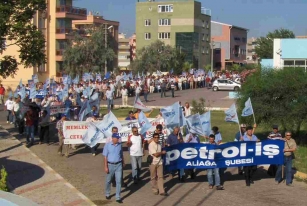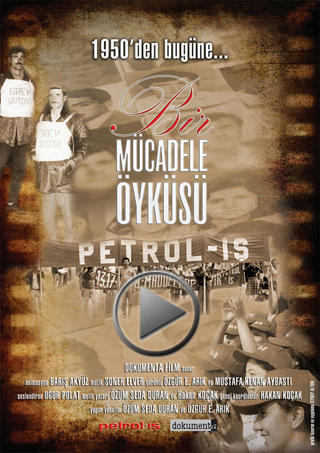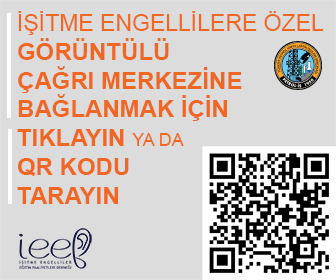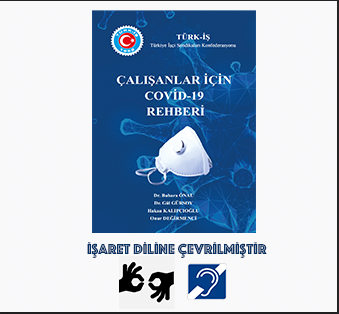Petrochems: Transparency suspect in Turkey’s latest petrol privatising

Turkey’s only petrochemicals company, Petkim Petrokimya, was auctioned off 5 July by the state’s Privatisation Authority in a €1.5 billion transaction that fails simple transparency criteria. The government has failed to provide clear backgrounds on some of the partners comprising the winning bid for a 51% stake in this important Turkish enterprise.
That bid was won by a newly-chartered Kazakh-Russian company, Transcentral Asia Petrochem Holding. It is composed of three partners: JSK Caspi Neft, a Kazk-based oil exploration firm; Investment Production Group Eurasia, reportedly a Kazak-owned and Russian-based real estate investor; and GK Troika Dialogue, a function of Moscow-based Troika Capital Partners that now has its first foreign holding in Petkim Petrokimya.
The Russian Oil and Gas Report calls it Russia’s fourth largest foreign investment ever, and says it is the largest Russian investment acquisition in Turkey. Immediately after the award was made, an international debt-rating agency put a “negative watch” on the acquisition, a pointed market signal regarding the lack of transparency.
Those facts and many more are not lost on Petrol-İş, ICEM’s oilworkers’ union affiliate in Turkey. Petrol-İş will once again argue in Turkish courts that this buy-out, a majority stake in a profitable enterprise that is key to the Turkish plastics supply chain, will harm the public good. The union has previously proven it can win its arguments in Turkish courts on privatisation matters, and this one contains solid facts that have many unanswered sub-facts.
The Turkish Privatisation Authority opened bidding on Petkim Petrokimya on 16 March 2007. Seven consortiums were invited to submit further bids two months later. They included a partnership between Azerbaijan state oil company SOCAR and the Kazakh national oil/gas company KazMunagGas, and ones comprised of India Oil Co. and Carmel Olefins Ltd., 50% held by Israeli-based Oil Refineries Ltd.
It came down to the SOCAR partnership and Transcentral Asia Petrochemical Holding bidding against each other in the final round. Within Transcentral, JSK Caspi Neft is the only partner with a track record in energy. And that is oil and gas exploration and development in the eastern Caspian. The Russian interests have no energy experience, apparently anywhere.
A majority stake at this particular time is critical. The Turkish government began the sale of this enterprise, composed of two petrochem plants in Aliaga and Yarimka, in 2005, when it sold over the third of the company’s stock in a public offering. Some 40% is now traded on the Istanbul Stock Exchange. The stake that Transcentral will win -- if it can get past Petrol-İş and several other legal challenges – consists of the 44% stake owned now by the Privatisation Authority and a 7% holding by Turkey’s public pension monies.
Petrol-İş demonstrates Against Non-Transparent Bid
Even before Transcentral won the bidding, Petrol-İş and its members took to the streets to protect the 3,700 workers employed at Petkim Petrokimya. Marches and protests will be repeated as this privatisation becomes subject to the union’s legal challenges, as well as full Turkish regulatory approval. Petrol-İş President Mustafa Oztaskin called into question the issue of the buyers’ financial stability in Turkey’s press following 5 July’s winning bid announcement.
Turkey has seen a number of privatisation sales in recent years in many different sectors, as advised by the International Monetary Fund. Petkim Petrokimya is Turkey’s only petrochemical plant, and it creates annual revenues of US$1.6 billion. It supplies most of Turkey with the raw and essential materials for the plastics, textile, and detergents markets. And one-quarter of output from workers at the two plants is then sold on export markets. This is one Turkish privatisation deal that will gain intense scrutiny in the coming months. (16 July 2007)















